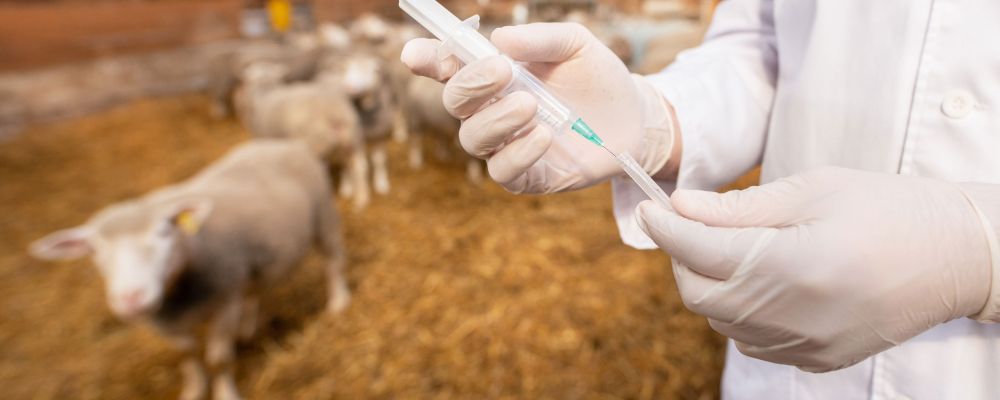- The ANMV
- Our activities
- Administrative formalities
- Our Publications
- Europe & International
- Europe
- International
- World Organisation for Animal Health (WOAH)
- International harmonisation of technical requirements for the registration of veterinary medicinal products (VICH)
- Pharmaceutical inspection cooperation scheme (PICs)
- Organisation for Economic Co-operation and Development (OECD)
- Codex Alimentarius
- Cooperation agreements
- E-learning module
Portal Veterinary medicinal products

Codex Committee on Residues of Veterinary Drugs in Foods - CCRVDF
Codex Alimentarius is a joint FAO/WHO intergovernmental body that aims to ensure safe and healthy food for all and everywhere and to guarantee fair trade in food.
Public concerns about food safety often place Codex at the heart of global debates. Veterinary drugs, pesticides, food additives and the presence of contaminants in food are some of the topics discussed at Codex meetings. The Codex standards are developed on the basis of data provided by international and independent risk assessment bodies or through special consultations organised by FAO and WHO.
The Codex sets standards, guidelines and codes of good practice. Its objectives are:
- protecting the health of consumers;
- ensuring fair practices in international food trade;
- coordinate all standardisation work carried out by international organisations.
Of all Codex committees, the Codex Committee on Veterinary Drug Residues in Food (CCVDF) is mandated to:
- identify priority veterinary drugs for the review of their residues in food;
- recommend maximum residue limits for these substances;
- develop codes of practice as required;
- review methods of sampling and analysis for the determination of residues of veterinary drugs in food.
Like the OIE, the standards established by the Codex Alimentarius are recognised as global references by the World Trade Organisation (WTO) under the SPS (sanitary and phytosanitary) agreement.
Several experts from the Anses-ANMV participate in this Committee, as head of the French delegation, or as representative of the OIE in the framework of its mission as a collaborating centre.
The last session of the CCRVDF took place in virtual meeting in July 2021 - see the agenda (PDF) and read the minutes (PDF).